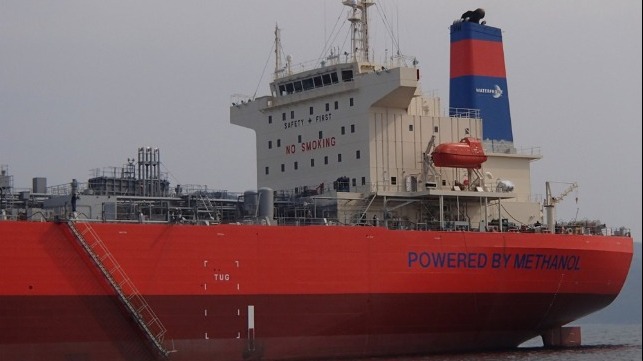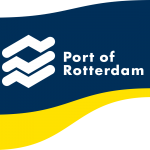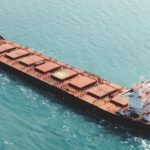Waterfront Shipping Company, a subsidiary of Methanex Corporation, ordered eight additional methanol dual-fuel vessels to its fleet. These vessels are part of the company’s fleet renewal program expanding the number of methanol vessels that it operates.
The new vessels, which will be built in partnership with Marinvest/Skagerack Invest, Nippon Yusen Kaisha (NYK), Meiji Shipping Co., KSS Line, and Mitsui O.S.K. Lines (MOL), will add to WFS’s existing fleet of 11 methanol-fueled ships. Having surpassed more than 90,000 combined operating hours, WFS says that the vessels have proven methanol as a viable marine fuel solution.
WFS highlighted that methanol is compliant with the most stringent emissions regulations without the need for exhaust gas after-treatment and meets IMO Tier III NOx emissions standards. As a marine fuel, methanol reduces in-sector CO2 emissions by up to 15 percent when compared to conventional marine fuels.
“We are proud that approximately 60 percent of our 30-ship fleet will be powered by lower emission, methanol-fuel technology upon delivery of this latest order,” said Paul Hexter, President, Waterfront Shipping. “Having operated methanol-fueled vessels for over four years now, we know that methanol is a practical, cost-competitive, and safe marine fuel for the commercial shipping industry in the post-IMO 2020 marketplace. We are excited to be expanding our methanol-fueled fleet with these new vessels that benefit from the latest technological advances to optimize engine efficiency and performance.”
The eight, 49,999 DWT vessels will be built in South Korea at Hyundai Mipo Dockyard and delivered to WFS between 2021 and 2023. Designed with the MAN second-generation B&W ME-LGIM two-stroke dual-fuel engines, the vessels can run on methanol or traditional marine fuels allowing for fuel flexibility.
“Our first two methanol-powered ships were delivered in 2016, with an additional two delivered in 2019. We’ve had exceptional performance from the vessels during their time in operation—both in reliability and efficiency when running on methanol,” commented Marinvest’s Chairman, Patrik Mossberg.
“MAN developed the ME-LGI engine concept in response to interest from the shipping world to operate on alternatives to heavy fuel oil,” said Thomas S Hansen, Head of Two-Stroke Promotion & Customer Support at MAN Energy Solutions. “The ME-LGIM dual-fuel engine operates on methanol, heavy fuel oil (HFO), marine diesel oil (MDO) or marine gas oil (MGO). When operating on methanol, the engine uses HFO, MDO, or MGO as a pilot fuel, significantly reducing emissions of NOx , SOx, CO2, and PM. Any operational switch between methanol and other fuels is seamless.”
Methanol is one of the world’s most widely traded chemicals and is readily available at almost 90 of the top 100 ports worldwide. As a liquid fuel, established bunkering infrastructure for traditional marine fuels can easily be converted to use methanol. According to the IMO, methanol is estimated as the fourth most significant marine fuel used and is growing.
Source: Maritime Executive






